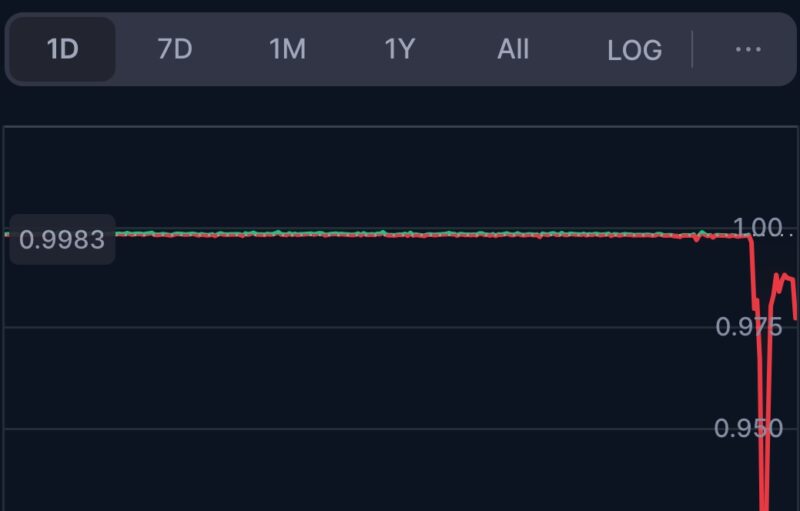
The Ripple Vs SEC summary is finally out after much anticipation. The XRP community celebrates the victory for Ripple as Judge Analisa Torres has ruled that XRP is not a security as contended by the SEC.
However, while this ruling settles the question of XRP’s classification, there remains a need for clarity regarding the implications of secondary market transactions involving the XRP token. Attorney Jason Gottlieb and pro-XRP Attorney John Deaton have taken to Twitter to share their insights on this matter, shedding further light on the ongoing discussion surrounding XRP’s secondary market transactions.
Unresolved Matter of XRP Transactions in Secondary Markets
Lawyer Jason Gottlieb in a recent Twitter thread has shared his insights on the Ripple Vs SEC lawsuit and the new questions it raises, and the possible routes it opens. In one of the tweets, Gottlieb explained that the court’s decision in the Ripple case, which seemingly avoided addressing the issue of XRP transactions in secondary markets, may not have entirely overlooked the matter.
Despite the court’s statement about punting on the secondary markets question, Gottlieb believes that in practice, the fungibility of tokens sold in secondary markets makes it difficult to conclude that the court completely avoided or ignored the topic.
Deaton Clarifies Judge Torres’ Stance
Attorney John Deaton, an amicus curiae in the Ripple vs. SEC lawsuit, agrees with Jason Gottlieb’s perspective. Deaton acknowledges that the secondary market sales were the most important aspect of the judge’s decision and that there have been comments regarding Judge Torres’ apparent refusal to address secondary market transactions.
Deaton argues that it is essential to assess each transaction individually using the Howey test. He stresses that the involvement of XRP in an investment contract during direct sales to a hedge fund does not inherently categorize it as a perpetual investment contract. Whether a subsequent sale of XRP constitutes a security or not depends on the specific facts and circumstances of that transaction.
Deaton further clarified that the judge cannot definitively determine whether a secondary sale of XRP qualifies as an investment contract without considering the specific facts and circumstances of that transaction.
Judge Torres Rejects SEC’s Theory
Deaton highlights that the judge outright rejected the SEC’s theory that the token “embodies all of the efforts and promises of Ripple, including secondary market transactions.”
To illustrate, the judge provided a similar example discussed by Deaton and Lewis Cohen. Deaton explains that, just like in the Howey case, if an orange grove owner sells their land to a subsequent buyer, it would not be classified as a security transaction unless the Howey factors are satisfied in that subsequent purchase.
The post appeared first on Coinpedia






